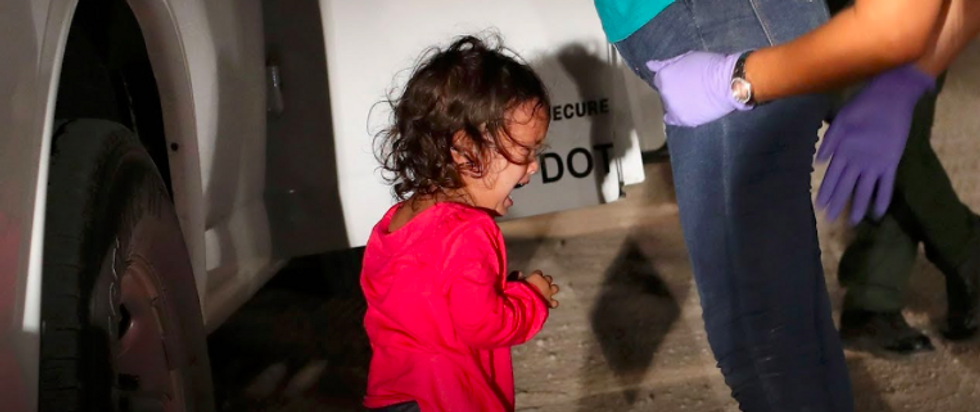Now that 2018 is officially over, we can look back on the year's most significant ups and downs and reflect on what's to come next. This year saw the emergence of two large-scale movements that broke down barriers and shook up society, increased our understanding of social media's implications, and revealed the troubling extent of America's immigration crisis. The following five news stories were some of the most covered national events of 2018. Each reflect the tumultuous, eye-opening, inspiring year 2018 has been.
Facebook's Mishandling of User Data
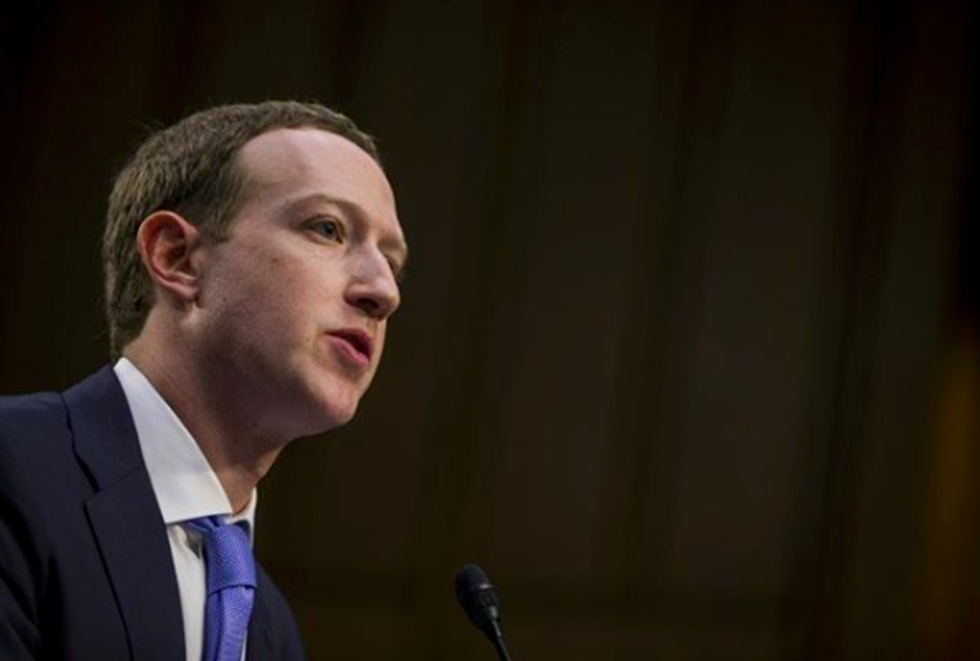
Facebook CEO Mark Zuckerberg testifies before Congress in April.
https://www.instagram.com/p/BsF4y8oAdkn/
This social media giant has long been the target of government criticism, but its troubles seemed to peak last year in March. That's when federal regulators began to investigate Facebook's mishandling of user data in connection with the 2016 presidential campaign. The Federal Trade Commission's investigation came in response to reports that political consulting firm Cambridge Analytica had improperly gained access to 50 million users' information, and exploited this information in Trump's favor during the election. Since then, Facebook's stock value has plummeted, and CEO Mark Zuckerberg has launched an aggressive apology campaign. In April, he appeared before an unforgiving Congress to answer questions about Facebook's lacking privacy policies. The company's repeated failures to protect user data will most likely lead to stronger federal regulations come 2019.
March For Our Lives
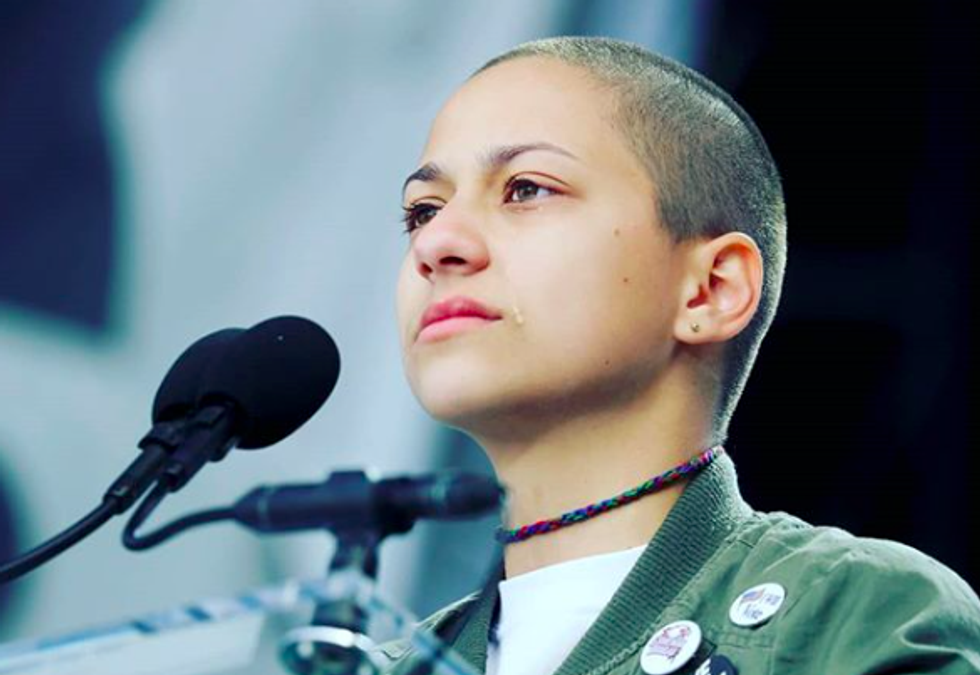
Emma Gonzalez, a Parkland survivor and one of the movement's organizers, speaks at the March For Our Lives in Washington, D.C.
https://www.instagram.com/p/BsEfnKWnph_/
On February 14, 2018, seventeen students and teachers were killed in a mass shooting at Marjory Stoneman Douglas High School in Parkland, Florida. Days after the tragedy, Parkland students flooded major TV networks demanding gun control. The March For Our Lives movement was created by a group of MSD juniors and seniors with the goal of rallying their generation for gun reform, in the hopes that one day school shootings would be a thing of the past. One month later, over 2,000 schools participated in a nationwide walkout to mark the 19th anniversary of the Columbine High School shooting. Ten days after that, millions gathered in Washington D.C. to march in solidarity with the students of MSD and send a message to lawmakers. As many of these students reach voting age in the coming year, it will be interesting to see how politicians respond to their demands, and the gun control legislation that will follow.
Family Separation
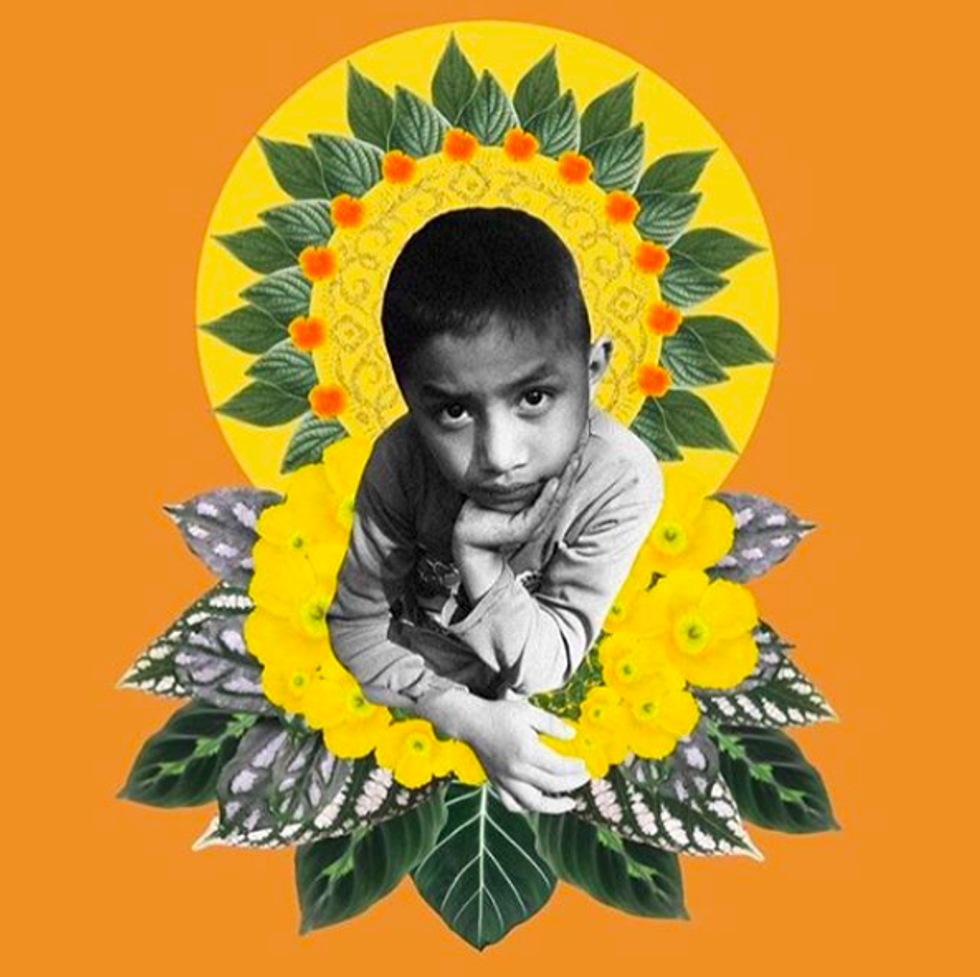
A portrait of Felipe Alonzo-Gomez, the second Guatemalan child to die in U.S. Border Patrol custody following implementation of the "zero-tolerance" immigration policy.
https://www.instagram.com/p/Br8knx6AVT7/
The Trump Administration's family separation policy at the border, first practiced in October, is perhaps the most controversial act thus far by one of the most controversial presidents. On April 6, Attorney General Jeff Sessions announced the "zero-tolerance" immigration policy that would soon separate thousands of children, and many infants, from their parents as they reached the United States. Unsurprisingly, the American public reacted swiftly and angrily to the policy, and their outrage peaked in June when photos of children held in cages began circling the internet. Judges have ordered that the Department of Homeland Security reunite separated families, but the agency has failed to reach two different deadlines, and as of three months ago as many as 200 children remain in government custody. With recent reports that two Guatemalan children have died in Border Patrol custody, this tragic issue won't be going away in 2019.
#MeToo

Actress Ashley Judd, who became one of the first women in Hollywood to accuse Harvey Weinstein of sexual assault in a 2017 New York Times exposé.
https://www.instagram.com/p/Bqxhw1CA9Va/
The #MeToo movement began in late 2017 when a New York Times exposé featured firsthand accounts from several women accusing Harvey Weinstein of sexual assault. As more and more men were forced to step down from powerful positions, Alyssa Milano coined the hashtag "MeToo" to represent victims of sexual assault, and hence the movement began. The following months saw the creation of the Time's Up coalition, the record-breaking second annual Women's March, the testimony of Christine Blasey Ford, and the imprisonment of Weinstein, Bill Cosby, and Larry Nassar. This movement, which took hold over not only Hollywood, but each profession, has brought permanent change to the country as women gain more seats in office and more representation in media. #MeToo has set the precedent for future steps toward gender equality in 2019.
Brett Kavanaugh Confirmation Hearing
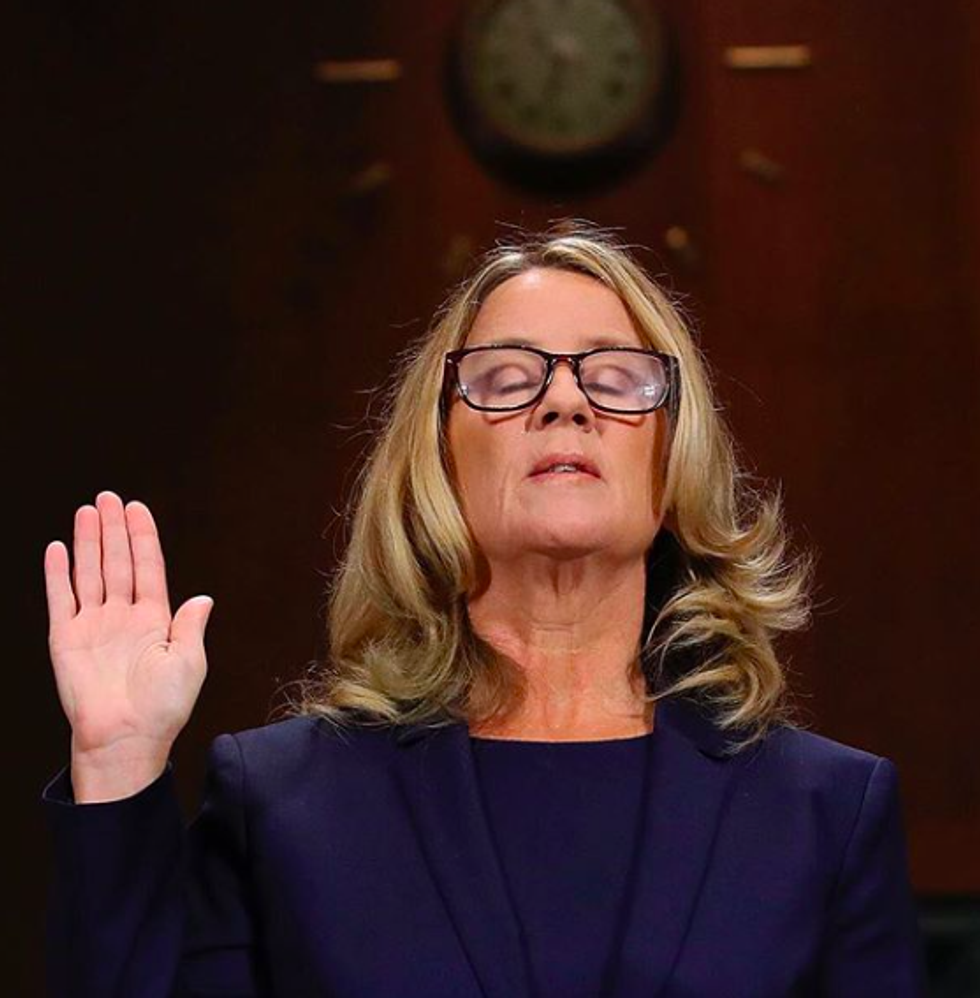
Dr. Christine Blasey Ford prepares to testify in front of the Senate Judiciary Committee in October.
https://www.instagram.com/p/BsAzHhzHgq8/
Publicized by the #MeToo movement and defined by the political loyalties of skeptical conservatives, Supreme Court judge Brett Kavanaugh's confirmation hearings kept the nation on edge for two weeks in mid-October. The reason: Dr. Christine Blasey Ford, a California professor, appeared before the Senate Judiciary Committee and alleged that Kavanaugh had sexually assaulted her at a party when they were in high school. The poise with which Ford presented her testimony, contrasted with the emotional turbulence that characterized Kavanaugh's defense, both moved and shocked the many Americans who watched the hearings unfold live on television. After an initial delay, the confirmation vote proceeded, and Kavanaugh was appointed to the Supreme Court on a narrow 50-48 vote split along party lines. To many, Kavanaugh's confirmation symbolized just how much progress the United States has yet to make in its treatment of sexual assault victims, and how little the nation has changed since Anita Hill testified against then-nominee Clarence Thomas in 1991.

